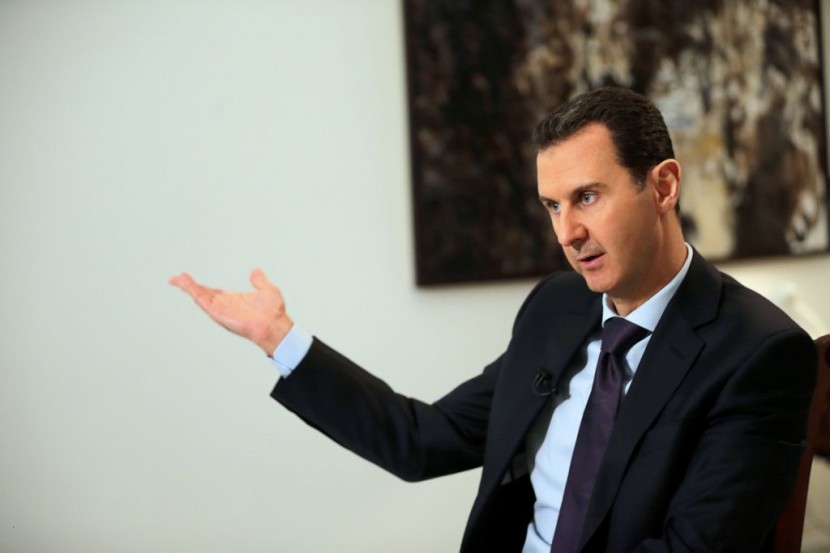France has issued an arrest warrant for Syrian President Bashar al-Assad. The warrant comes in response to allegations of the use of banned chemical weapons against civilians in Syria, marking an unprecedented step in international justice.
Two investigative judges issued the arrest warrant and three others on Tuesday. Those named in the warrants include Bashar al-Assad, his brother Maher al-Assad, and two other high-ranking officials, as per CNN.
Arrest Warrant for Syrian President on War Crimes

The charges brought against them are complicity in crimes against humanity and conspiracy in war crimes. This decision has been hailed as a landmark moment in the pursuit of justice for the victims of the Syrian conflict.
Anwar al-Bunni, a Syrian human rights lawyer and founder of the Syrian Center for Legal Studies and Research, described this development as "unprecedented." It is believed to be the first time a sitting head of state in another country has been targeted with an arrest warrant for crimes against humanity.
The next step in this legal process will be an Interpol 'Red Notice.' A Red Notice is a global request for the provisional arrest of an individual pending extradition or legal action. If issued, all Interpol member states must comply with the arrest warrant, making it a significant development in pursuing justice.
While the International Court of Justice has issued the arrest warrant, it lacks the means to enforce it. However, the focus of the ruling on the brutal torture inflicted by President Bashar al-Assad's regime within the Syrian prison system underscores the gravity of the charges.
Human rights groups and investigators estimate that thousands of people have died from torture or were killed in these prisons.
Efforts to bring President Assad before the International Criminal Court have repeatedly faced roadblocks due to vetoes from Russia and China at the UN Security Council. Attempts to establish a special tribunal for Syria have also failed.
However, the recent complaint filed by Canada and the Netherlands at the International Court of Justice, alleging violations of the Convention Against Torture, has opened up a new avenue for justice.
The emergency order to protect potential new victims, issued by a 15-judge panel, was approved by a 13-2 vote.
While China and Russia opposed it, the order sends a strong signal about the international community's commitment to holding those responsible for crimes against humanity accountable, according to The New York Times.
Impact on Syria's International Standing
Although the chances of President Assad and the other officials facing a French court are slim, these arrest warrants carry significant diplomatic and economic implications. They could further complicate Syria's efforts to end its isolation and improve its international standing.
In addition to the arrest warrants, a recent report by a former International Criminal Court judge has recommended that President Assad should not be invited to climate talks due to the environmental destruction caused by his regime.
The arrest warrants are based on a criminal investigation into chemical weapons attacks in Douma and Eastern Ghouta in 2013.
While Syria denies using chemical weapons, previous investigations have found evidence of their use, including the nerve agent sarin and chlorine gas.
The detailed evidence presented in the case convinced the judges that there was "serious or corroborating evidence" indicating the involvement of President Assad and other officials in planning and executing these attacks.
The pursuit of justice, in this case, represents a significant step towards accountability for war crimes and crimes against humanity in Syria.
Similar complaints have been submitted to authorities in Germany and Sweden, signaling a growing international effort to hold those responsible for atrocities in Syria accountable for their actions.
The arrest warrant for President Bashar al-Assad is a historic moment in the pursuit of justice, sending a clear message that those who commit heinous crimes will not go unpunished.
While the road to justice may be extended and challenging, it is a step forward in seeking accountability for the victims of the Syrian conflict and upholding the principles of international law, Sky News reported.
Related Article: South Korea Says Nuclear-Capable Submarines are Needed








